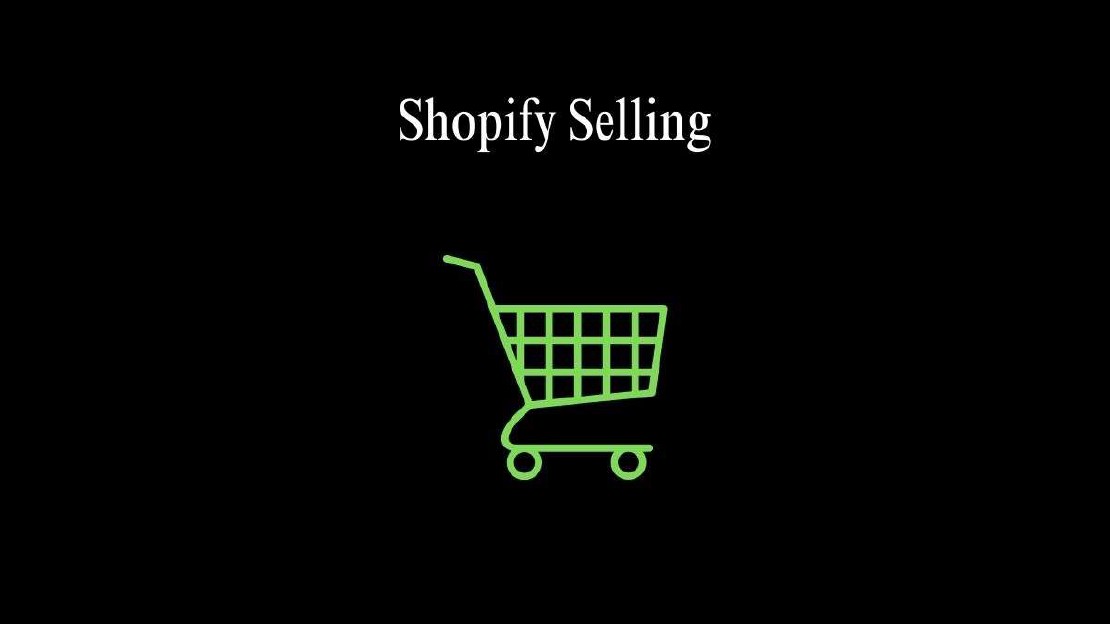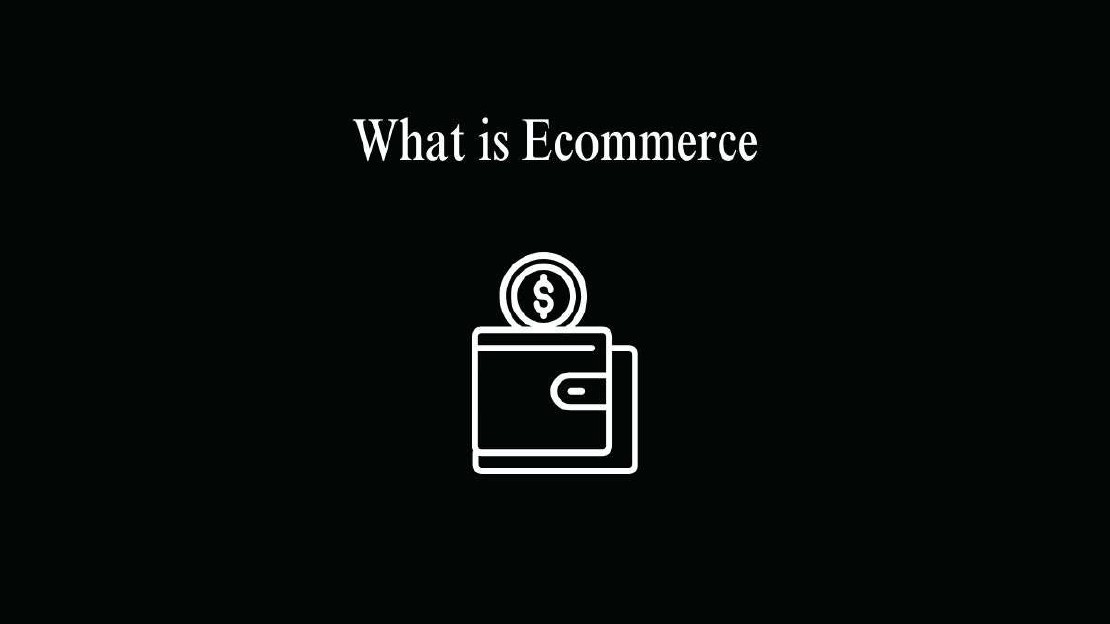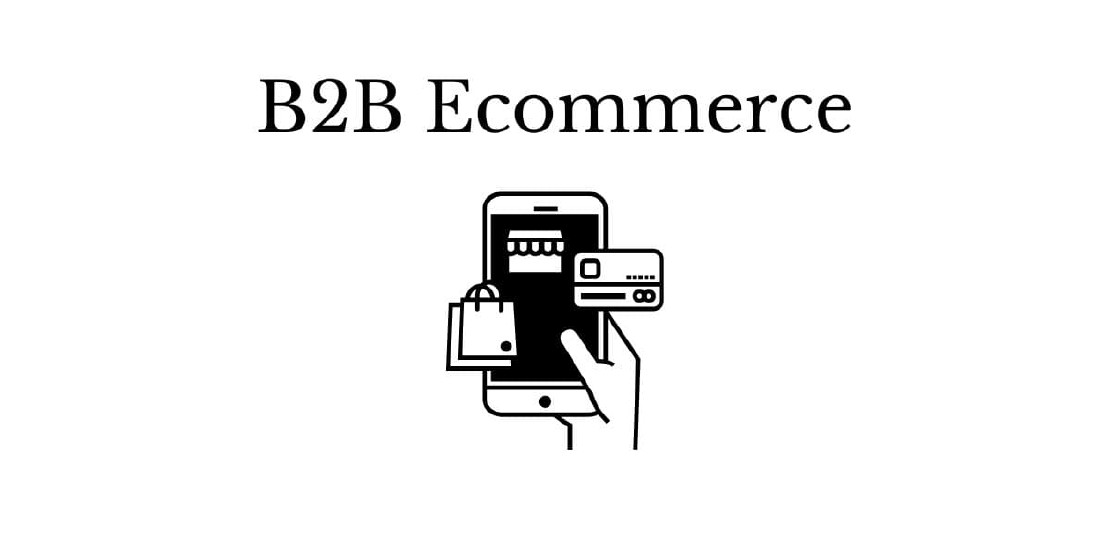B2B Ecommerce Business Components
In today’s fast-paced business world, B2B ecommerce isn’t just a passing trend, it is a smart move that helps businesses grow, scale, and reach customers worldwide. Smart companies are using cutting-edge tech, like the b2b commerce cloud, to make complex buying processes easier and smoother. With these tailored solutions, businesses can expand their online presence and grab new opportunities.
What is B2B Ecommerce
B2B ecommerce refers to online transactions between businesses rather than between a business and individual consumers. This sector has seen significant growth due to digital transformation and the increased demand for efficient procurement processes. Understanding B2B ecommerce is crucial for any business looking to expand its reach and streamline its operations.
Types of B2B Ecommerce
B2B ecommerce can be categorized into several types based on how businesses interact with each other online:
- Supplier-Oriented: A single supplier sells to multiple business buyers through an online catalog or marketplace. This is common among manufacturers or wholesalers.
- Buyer-Oriented: A single buyer establishes a digital platform to receive bids or proposals from multiple suppliers, often seen in large corporations managing procurement at scale.
- Intermediary-Oriented: A third-party marketplace facilitates transactions between many buyers and many sellers. These platforms help streamline discovery, pricing, and fulfillment.
- Collaborative B2B Ecommerce: Businesses partner to create shared ecommerce platforms that benefit all parties, such as industry-specific portals or joint ventures.
Each model suits different industries and operational strategies, depending on factors like control, scalability, and customer relationships.
B2B Commerce Tips and Strategies
The B2B buyer journey is typically more complex than B2C, involving multiple decision-makers and longer sales cycles. Businesses must understand this journey to tailor their ecommerce strategies effectively. Key stages include awareness, consideration, decision, and post-purchase. Below are B2B ecommerce tips and strategies you should consider:
Best B2B Platforms
Selecting the right platform is critical to the success of a business-to-business platform. The best B2B ecommerce platforms combine scalability, customization, security, and integration capabilities. Top platforms include:
- Adobe Commerce - Magento: Known for its flexibility and scalability, ideal for mid to large-sized businesses with complex requirements.
- BigCommerce B2B Edition: Offers native B2B functionalities like custom pricing, punchout catalogs, and advanced permissions.
- OroCommerce: Designed specifically for B2B, with features tailored to corporate buyers and workflows.
- Shopify Plus: Simplifies management and scales easily, with third-party apps to extend B2B capabilities.
- WooCommerce: A great option for small to medium B2B businesses using WordPress, with numerous plugins for B2B needs.
Choosing a platform should align with your business goals, technical capacity, and customer expectations.
Develop a Complete Product Catalog
A detailed product catalog is essential for any B2B ecommerce store. Ensure it includes comprehensive product descriptions, high-quality images, and accurate pricing information. A well-structured catalog also improves SEO, making it easier for new business customers to discover your offerings online.
Implement Secure Payment Gateways
Trust is the foundation of every B2B relationship, and that starts with a secure checkout experience. Security is paramount in business-to-business transactions. Implement reliable and secure payment gateways to build trust and ensure smooth transactions.
Optimize for Mobile Users
With the increasing use of mobile devices, optimizing your B2B ecommerce store for mobile users is crucial. More B2B buyers are conducting research and placing orders via smartphones and tablets, so mobile optimization is no longer optional. Ensure your site is responsive and offers a seamless experience across all devices.
Build Strong Relationships
In business-to-business ecommerce, building and maintaining strong relationships with your clients is essential. Long-term relationships lead to repeat business and referrals. Strong client relationships can also lead to valuable feedback that helps shape your services and offerings.
Communicate Consistently
Maintain regular communication with your clients. This can be through newsletters, personalized emails, or even phone calls. Keep them informed about new products, special offers, and industry news.
Make Use of Loyalty Programs
Implement loyalty programs to reward your repeat customers. Offer discounts, exclusive deals, or early access to new products. This not only incentivizes repeat purchases but also strengthens your relationship with your clients.
Pricing Your Online Services
Unlike B2C, business-to-business transactions often involve complex pricing models tailored to business needs. Effective strategies encompass value-based pricing, tiered pricing structures, and subscription models to align with client expectations. Transparency in pricing builds trust and positions businesses for success in the digital marketplace.
Utilize Automation
Implement automation wherever possible. This includes automating order processing, inventory management, and customer communications. Automation reduces the risk of errors and frees up your team to focus on more strategic tasks.
Improve Your Supply Chain
Optimize your supply chain to ensure timely delivery of products. Work closely with your suppliers to manage inventory levels and anticipate demand. Efficient supply chain management helps you meet customer expectations and avoid stockouts or delays.
Scale Your B2B Online Store
Understanding how to build an online store with scalable infrastructure is key to long-term success in the business to business space. As your B2B platform grows, it’s essential to scale your operations effectively. This can involve expanding your product offerings, entering new markets, and investing in advanced technologies to enhance your capabilities.
Real-World B2B Ecommerce Examples
Looking at successful B2B ecommerce brands can offer inspiration for your own strategy:
- Alibaba: A global marketplace that connects manufacturers with businesses worldwide, operating on a massive supplier-oriented model.
- Grainger: Supplies industrial and safety products with personalized pricing, detailed catalogs, and account-based shopping.
- Quill: Offers office supplies with features like scheduled reordering, bulk discounts, and business credit.
- Amazon Business: Tailors the traditional Amazon experience for businesses, offering multi-user accounts, custom pricing, and tax exemptions.
- Fastenal: Specializes in industrial and construction supplies, leveraging digital tools to streamline ordering and inventory.
These examples highlight the versatility and success of B2B ecommerce across industries, from wholesale and office supplies to manufacturing and distribution.
Conclusion
Starting an platform for B2B ecommerce offers numerous opportunities for businesses to expand their reach and improve efficiency. By understanding the unique dynamics of B2B transactions, choosing the right platform, and implementing effective marketing strategies, businesses can build profitable stores that meets the needs of their clients. Embracing technology and staying ahead of industry trends will ensure sustained growth and competitiveness in the ever-evolving B2B ecommerce landscape.
Recent Posts

- Ecommerce
Most Effective Shopify Apps
Shopify apps are software extensions designed to improve or add specific features to a Shopify store. They enable store owners to extend the functionality of …

- Ecommerce
How to Sell on Shopify
Launching a shopify store can be daunting. As a leading e-commerce platform, Shopify has revolutionized the way entrepreneurs sell products online. Shopify …

- Ecommerce
What is Ecommerce
In recent years, e-commerce has witnessed exponential growth, revolutionizing the way people conduct business transactions. From small-scale entrepreneurs to …
